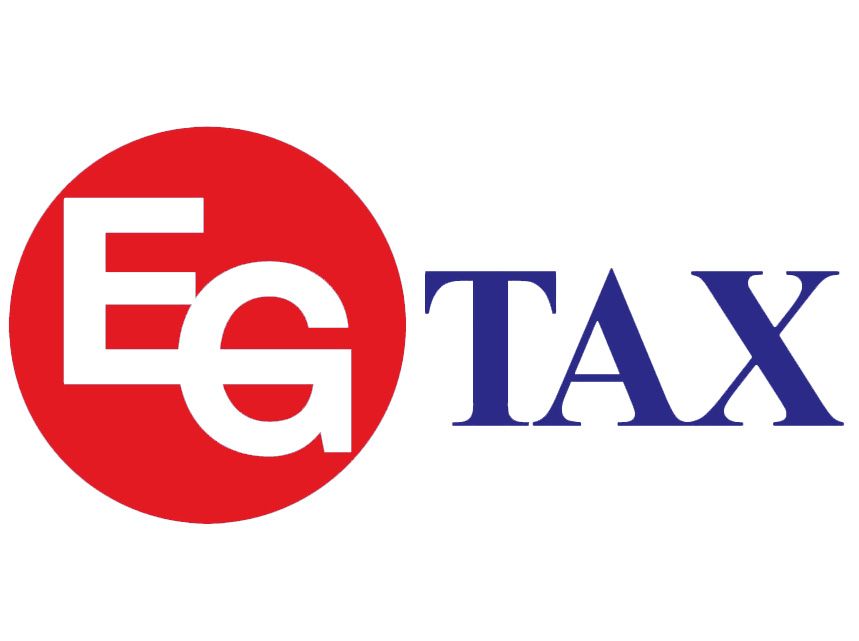New Home energy Credit for 2023
New Home energy Credit for 2023
Through December 31, 2022, the energy efficient home improvement credit is a $500 lifetime credit. As amended by the IRA, the energy efficient home improvement credit is increased for years after 2022, with an annual credit of generally up to $1,200. Beginning January 1, 2023, the amount of the credit is equal to 30% of the sum of amounts paid by the taxpayer for certain qualified expenditures, including (1) qualified energy efficiency improvements installed during the year, (2) residential energy property expenditures during the year, and (3) home energy audits during the year. There are limits on the allowable annual credit and on the amount of credit for certain types of qualified expenditures. The credit is allowed for qualifying property placed in service on or after January 1, 2023, and before January 1, 2033.
What home improvements are eligible for the Energy Efficient Home Improvement Credit, and how much is the credit?
A1. The following energy efficient home improvements are eligible for the Energy Efficient Home Improvement Credit:
- Building envelope components satisfying the energy efficiency requirements below in Q-1 under the Energy Efficiency Requirements section:
- exterior doors (30% of costs up to $250 per door, up to a total of $500);
- exterior windows and skylights (30% of costs up to $600); and
- insulation materials or systems and air sealing materials or systems (30% of costs).
- Home energy audits (30% of costs up to $150, see Q-20).
- Residential energy property (30% of costs, including labor, up to $600 for each item) satisfying the energy efficiency requirements below in Q-1 under the Energy Efficiency Requirements section:
- central air conditioners;
- natural gas, propane, or oil water heaters;
- natural gas, propane, or oil furnaces and hot water boilers; and
- improvements to or replacements of panelboards, sub-panelboards, branch circuits, or feeders that are installed along with building envelope components or other energy property listed in these FAQs and enable its installation and use.
- Heat pumps and biomass stoves and biomass boilers (30% of costs, including labor) satisfying the energy efficiency requirements below in Q-1 under the Energy Efficiency Requirements section:
- electric or natural gas heat pump water heaters;
- electric or natural gas heat pumps; and
- biomass stoves and biomass boilers.
